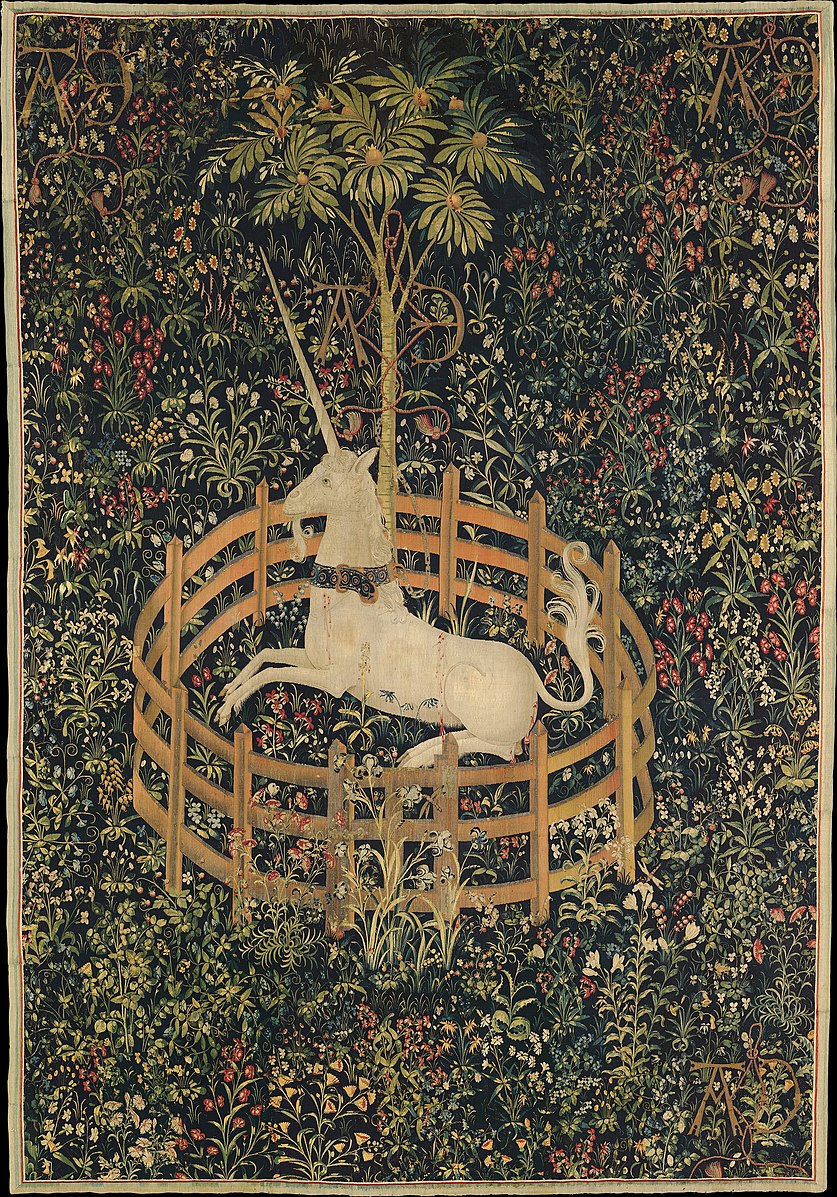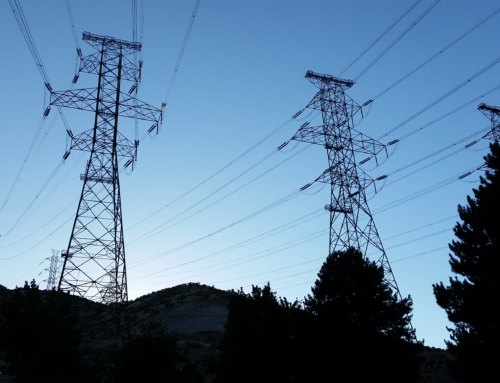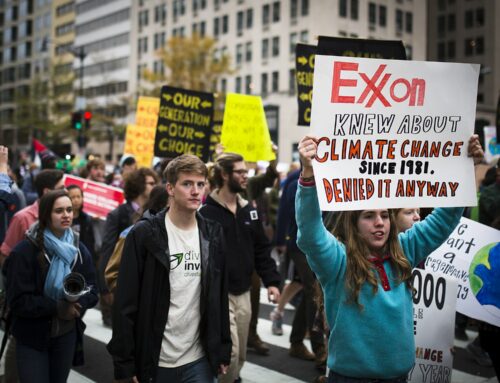by Greg Walcher, E&E Legal Senior Policy Fellow
As appearing in the Daily Sentinel
Merle Haggard sang about a utopian future, in which “we’ll all be drinkin’ free Bubble Up, and eatin’ rainbow stew.” That is about as realistic as the Postal Service’s “solution” to its absurd budget problem.
For as long as I can remember, the postal service has been losing money, and invariably coming up with ill-considered plans to fix it. Most often, the agency proposes closing rural post offices and isolated services — which are its only reason for existing when you get right down to it. If all we needed was mail service between New York and Chicago, a hundred companies would be competing for the business. But there is no profit in providing such services to isolated rural areas. That’s why the postal service was created.
Mail service has been vital to American society since the Continental Congress appointed Benjamin Franklin as Postmaster General. He designed the system, even while several companies already delivered mail in Philadelphia. But my ancestor, Jacob Sisley, lived in the southwest corner of Pennsylvania near his friend Col. Edward Cook, who built the first stone house west of the Allegheny Mountains in 1772. That was not only the end of the road; it was the end of the American world. No private company delivered mail there.
The Post Office Department became so important, the Postmaster General was a member of the President’s Cabinet until 1971. Then, the Department was reorganized into the U.S. Postal Service (USPS), an “independent agency” with revenues that would pay for its own operations. That was a pipe dream then, and still is.






